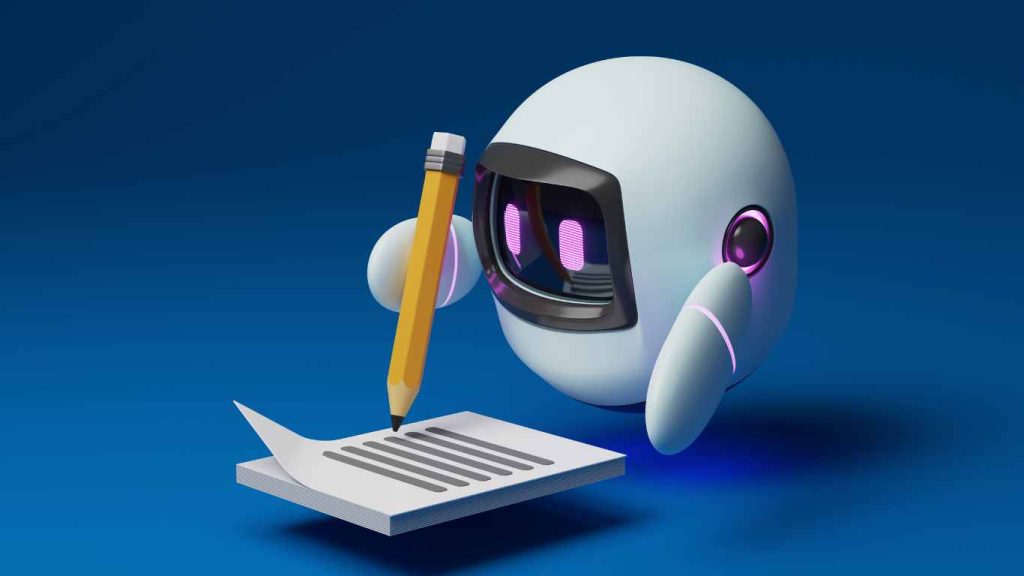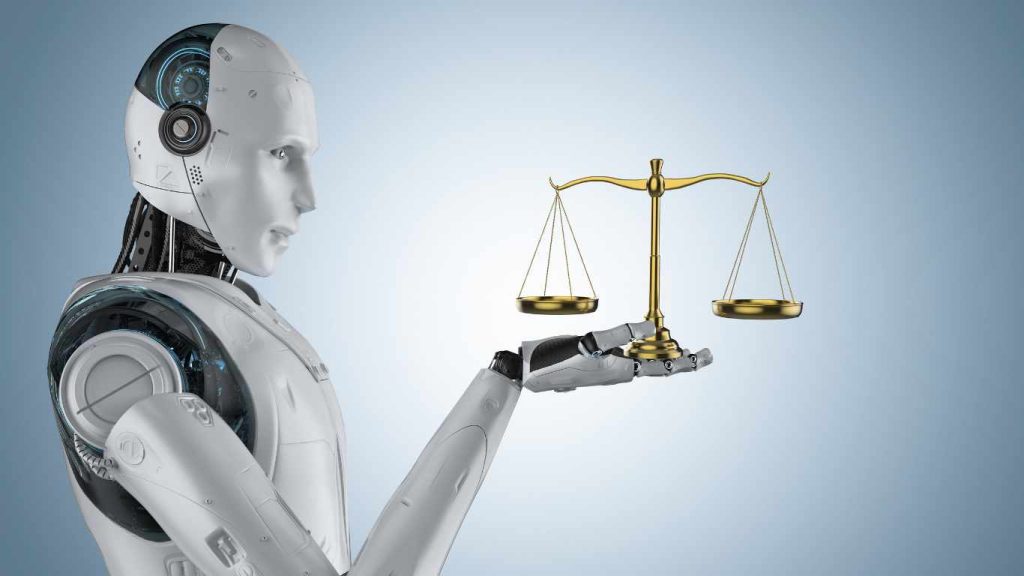At this point, we have talked a lot about the benefits of AI for the legal industry. But what about the risk, ethical compliance and other such complications? Recently, a New York judge sanctioned two lawyers for using AI for legal briefs. It was because the legal brief was inaccurate. This was a clear reminder for us that AI may be helpful in certain cases. But it comes with lots of complications. It can’t replace lawyers’ accuracy and wisdom. It can’t bring human perspective to various things.
Well, that’s not it. A Texas judge recently came up with certain rules for lawyers appearing in front of him. All the lawyers are supposed to certify that the data that is generated by AI is accurate. He asked for a Mandatory Certification Regarding Generative Artificial Intelligence directive.
All these cases give rise to one very crucial question-
“Is it good for lawyers to use AI for legal briefs?”
If you use AI to write briefs, this blog can be useful and an eye opener for you. So stick with us till the end.
Is ChatGPT For Lawyers The Right Tool For Legal Briefs?
Now, if you are using AI for briefs and other legal purposes, you must be wondering if it is a right tool or not. A recent incident in June where a judge sanctioned two lawyers for using ChatGPT for legal briefs. Gave rise to the question: is ChatGPT the right tool for lawyers?

But if you are wondering why those lawyers got sanctioned?
It was because ChatGPT was wrong. The data AI provided was not accurate and lawyers presented that in front of the court.
The lawyers presented legal briefs about the cases that were not real; they didn’t exist. This scenario was a perfect example of AI “hallucinations”. This is where AI generates nonsensical or inaccurate information that doesn’t even exist.
When the opposition questions lawyers about the origin of cases. The judge asked lawyers to showcase the copies of their cases in front of the court. It is when it became apparent in front of the court that the cases in question are not real. They are AI generated and have no real existence.
This leads to serious consequences for lawyers. As they were sanctioned with a fine of $5000. The judge fined them because they acted in bad faith and presented misleading statements in front of the court.
So if you are thinking AI in legal writing and briefing can be the right tool. The answer is, it may not be. Lawyers need to cross check the data and information that AI generates. Otherwise, they can face serious legal consequences and even lose their right to practice.
A New Texas Courtrooms Rules
After this New York situation, another similar scenario got limelight. An AI generated legal brief created a buzz in Texas. District Judge Brantley Starr issued a direction that requires lawyers to certify whether they used AI to create their filling. If yes, they will have to ensure that it is accurate and viewed by humans.
This new rule of Judge Brantley Starr inspired others too. Now this similar certification is required in various states and by various lawyers. Lawyers are supposed to follow Texas courtroom local rules.
If you are a lawyer practicing in Texas or anywhere in the world. It will be beneficial to thoroughly check AI findings. You can use AI for briefs or other purposes, but make sure it is accurate. Presenting false information in front of a judge can cause legal complications.

Using AI To Write Briefs
After all this, the question arises: should lawyers use AI for briefs? Is it right for them? Well, yes, lawyers can still use AI for briefs. But they have to be very responsible. They can’t just present anything and everything that an AI generates.
AI has the potential to change the way lawyers and legal industry operate. AI can harness lawyers with the power to generate ideas and draft useful briefs.
However, it is important to remember that AI tools are not perfect. They can always provide you with correct information. As we have seen above, AI can be wrong and it can mess things up for lawyers in certain cases. If you are using AI for briefs, make sure to be mindful of it. Create a first draft of information with it and later try to do things on your own. Check the accuracy and authenticity of information, give human touch to it.

Important Tips For Writing The Briefs With AI
AI for briefs is a tool that can make lawyers’ jobs easier. But if it is not checked for authenticity and accuracy, it can be troublesome for lawyers at the same time. So we are sharing some important tips that can be helpful to you. If you are planning to use AI for briefs.
1. Understand The Challenges
You need to understand that AI tools come with a number of challenges. These tools are not always right and lawyers become totally dependent on them. It can be a serious issue. You will need to consider all these challenges before using AI. Some of the common challenges that lawyers can face are data privacy issues, confidentiality of data, bias. Not just that they can also face issues of inaccurate information and ethical considerations, etc.
2. Get Familiar With The Tool
It is really important to be familiar with the tool. You need to understand the abilities and limitations of the tool. Remember that not all AI tools offer up-to-date knowledge. For example, if you take ChatGPT into consideration, its knowledge cutoff date is September (as of date of publication). So if you want to fetch data after that date. You can’t get it, because of the tool limitation.
3. Create A Draft
Don’t just believe anything and everything that AI tools offer. So if you use AI briefly, create a rough draft so that you can cross check all the information and data. If the data that you got is correct, you can add human touch to it and go ahead with it. If you are not able to detect the accuracy of data, don’t use it. As it may not be correct and can have legal consequences.
The Bottom Line
At the end of the day, if you want to use AI for briefs or other legal purposes. You will have to get yourself familiar with it. You need to understand its limitations, impact, and abilities. AI doesn’t understand the nuances of the legal world. It is not aware of human perspective. It can help lawyers in drafting briefs, contracts and support with legal research but can’t take crucial decisions. Legal industry can’t be dependent on it. If you are using AI, be responsible.
Frequently asked questions
No, AI can never totally replace human involvement in any aspect of the legal industry. AI tools have their limitations and they are not always correct. AI tools don’t understand human perspective so they can’t replace humans completely.
Yes, there can be the risk of plagiarism when using AI for brief. But it is crucial for lawyers to review their content for plagiarism. They should edit or review AI generated content that shows plagiarism.
Firstly, make sure the AI tool that you are using is secure. Don’t just use any random AI tool without knowing its security measures. Don’t share any client-related detail or information as it can compromise your client’s confidentiality.

